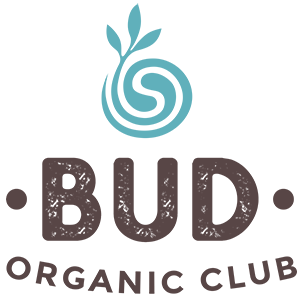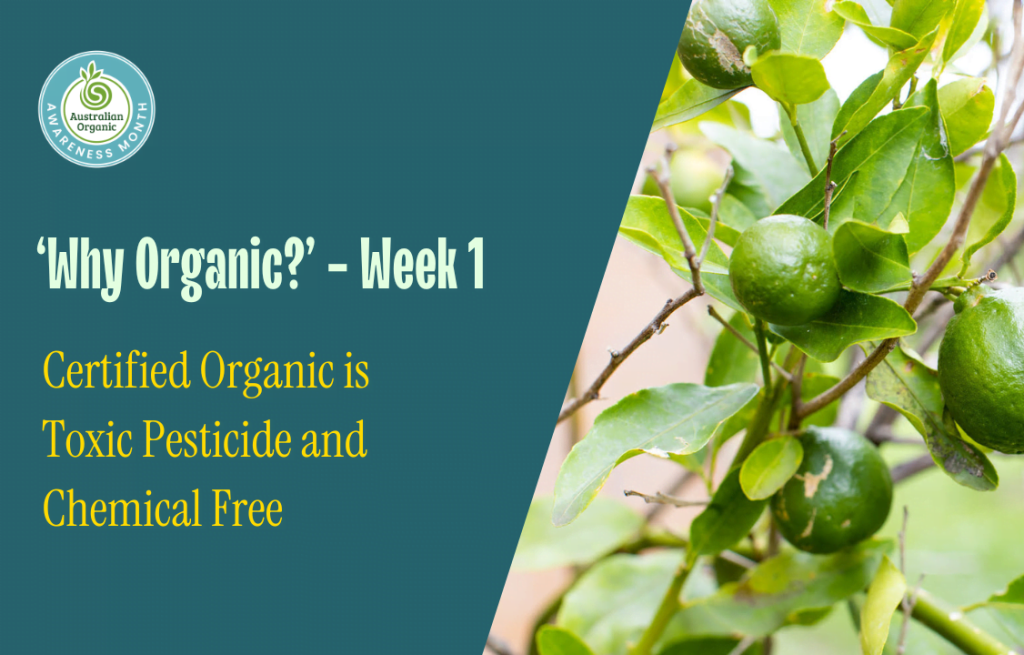Reducing dietary exposure to chemicals and pesticides is one of the key motivations for shoppers who choose to go organic, and with good reason!
Many of the chemicals detected in non-organic foods can negatively impact human health, even at very low concentrations. Children can be particularly susceptible as they drink more liquids, breathe more air, and consume more food per kilogram of body weight than adults. This also makes them more vulnerable to environmental toxins such as pesticides, potentially causing severe long-term damage.
While we may think of freshly grown non-organic produce as healthy, the risk of pesticide and chemical contamination can be high. The US-based Environmental Working Group (EWG) publish a “Dirty Dozen” list of the twelve fruit and vegetable products that pose the highest risk, and it is interesting to note that items with a thin or consumable skin feature prominently (strawberries, nectarines, grapes, cherries, peaches, etc.). While this data is based on US studies, it can still be instructive for Aussie shoppers looking to reduce their exposure.
It’s not just about fruit and vegetables though. Organic operators go to great lengths and utilise innovative techniques to produce all kinds of foods without chemical exposure. One such example is decaffeinated coffee, where certified organic business bean ground and drunk use the chemical-free Swiss Water® Process.
With this method, unroasted beans are immersed in fresh water to open the ‘pores’ of the coffee. They are then immersed in Green Coffee Extract (or GCE) which is water that contains coffee flavour compounds. The water pulls out the caffeine, but not the flavour since the water is already saturated with flavour molecules. This certified organic process is a superior alternative to conventional decaffeination methods, where solvents such as methylene chloride or ethyl acetate are often used.
To find out more about the health benefits of organic food, have a read of our website here. We’ve compiled a range of studies about the impacts of toxic pesticides, synthetic fertilisers, antibiotics and more.
The extra effort to produce healthy, natural foods without resorting to persistent chemicals may result in a slight cost increase at the checkout, but we think it’s a small price to pay in the long-term health benefits. Don’t forget to keep an eye out for organic certification marks such as the ‘Bud’ logo when buying organic!


